M. Kitahara9780444424471, 0444424474
Tfhe digital communication industry is an enormous and rapidly growing industry, roughly comparable in size to the computer industry. The objective of this text is to study those aspects of digital communication systems that are unique to those systems. That is, ather than focusing on hardware and software for these systems, which is much like hardware and software for many other kinds of systems, we focus on the fundamental system aspects of modern digital communication.Digital communication is a field in which theoretical ideas have had an unusually powerful impact on system design and practice. The basis of the theory was developed in 1948 by Claude Shannon, and is called information theory. For the first 25 years or so of its existence, information theory served as a rich source of academic research problems and as a tantalizing suggestion that communication systems could be made more efficient and more reliable by using these approaches. Other than small experiments and a few highly specialized military systems, the theory had little interaction with practice. By the mid 1970’s, however, mainstream systems using information-theoretic ideas began to be widely implemented. The first reason for this was the increasing number of engineers who understood both information theory and communication system practice. The second reason was that the low cost and increasing processing power of digital hardware made it possible to implement the sophisticated algorithms suggested by information theory. The third reason was that the increasing complexity of communication systems required the architectural principles of information theory. | |

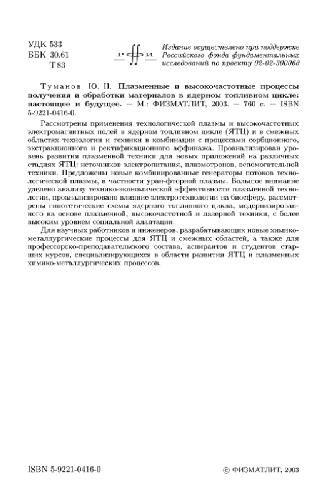

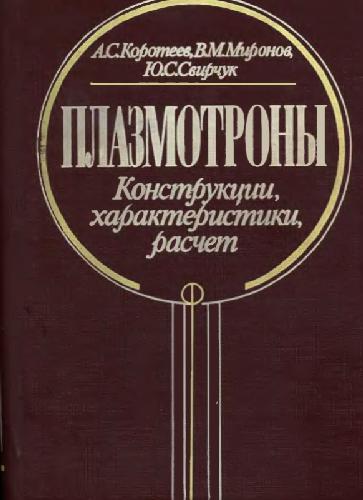
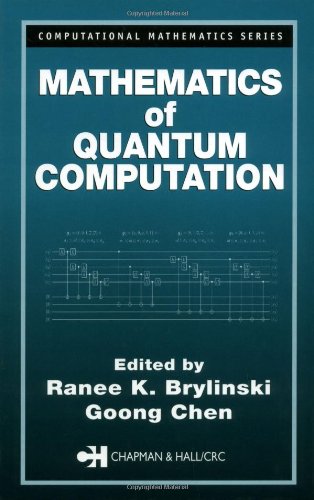
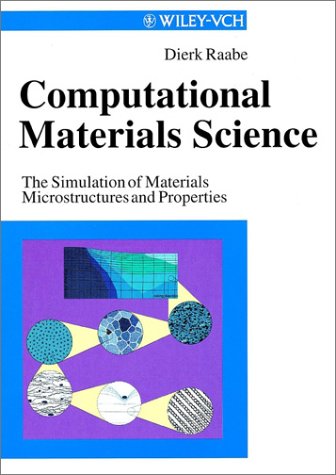
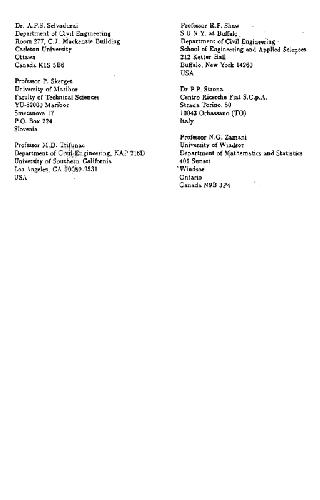
Reviews
There are no reviews yet.